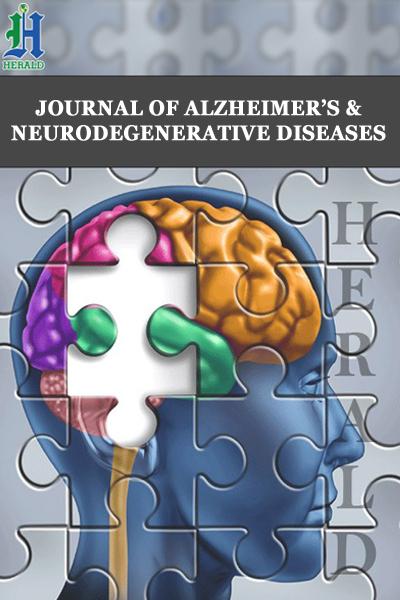
Cognitive Disorders
Cognitive and behavioral impairments are hallmark features of most neurodegenerative diseases and significantly affect patient quality of life. These impairments may include deficits in memory, attention, executive function, language, visuospatial abilities, and decision-making. Behavioral symptoms can involve apathy, agitation, irritability, disinhibition, depression, hallucinations, and sleep disturbances. In diseases such as Alzheimer’s, frontotemporal dementia, and Parkinson’s disease, these symptoms often emerge early and evolve as the disease progresses. Identifying the neural circuits and biochemical pathways underlying these deficits is essential for diagnosis, monitoring, and therapeutic development. Assessment tools include neuropsychological testing, caregiver reports, and neuroimaging modalities. These symptoms not only impact patients but also contribute to caregiver burden and healthcare costs.
Despite their clinical relevance, behavioral and cognitive symptoms are often underdiagnosed and undertreated. The journal welcomes research that deepens the understanding of neurocognitive decline, explores biomarkers and imaging correlates, and evaluates pharmacological and non-pharmacological interventions aimed at mitigating these impairments across the spectrum of neurodegenerative disorders.

